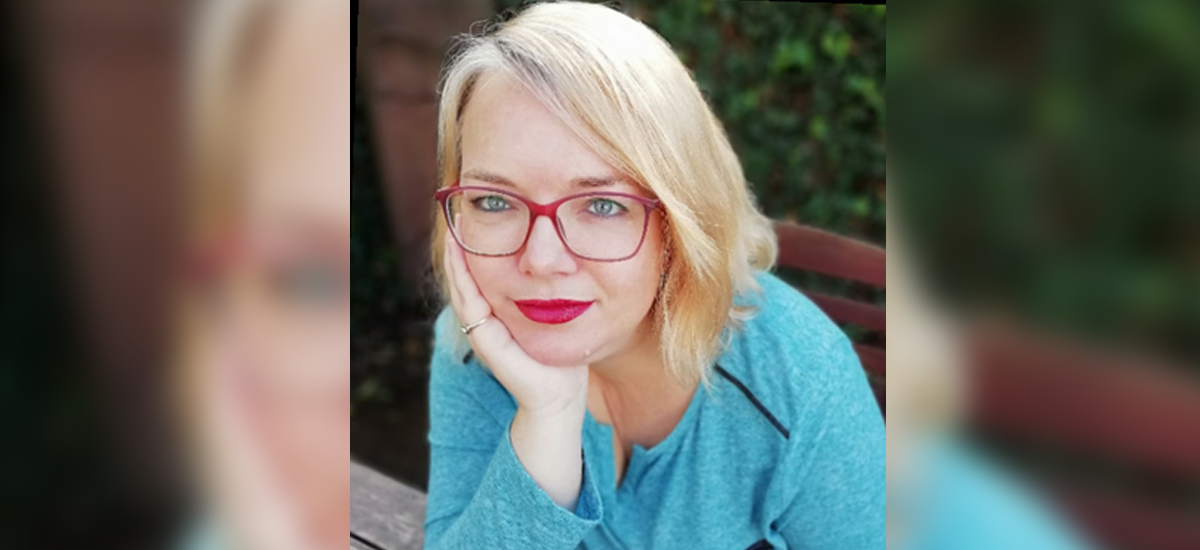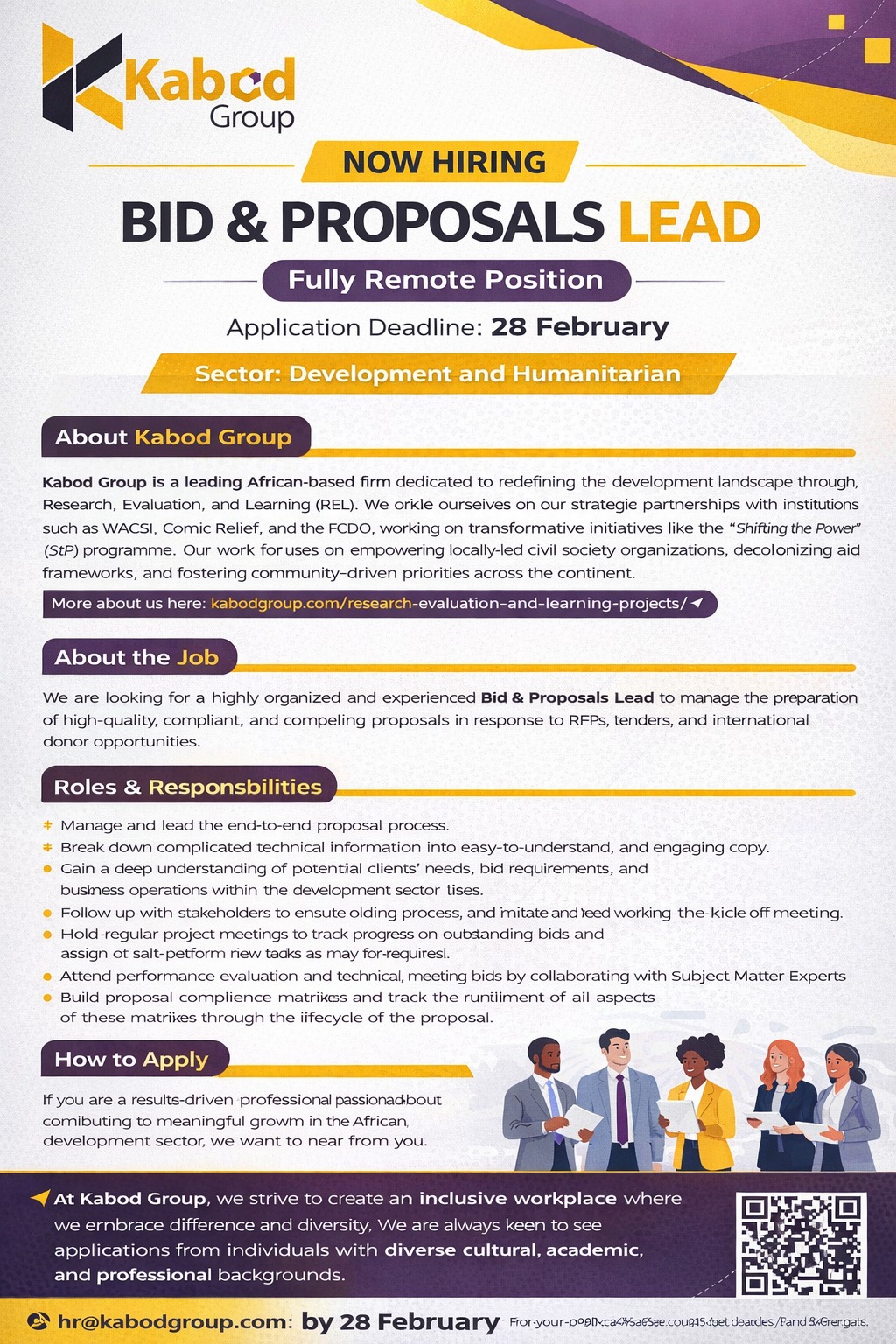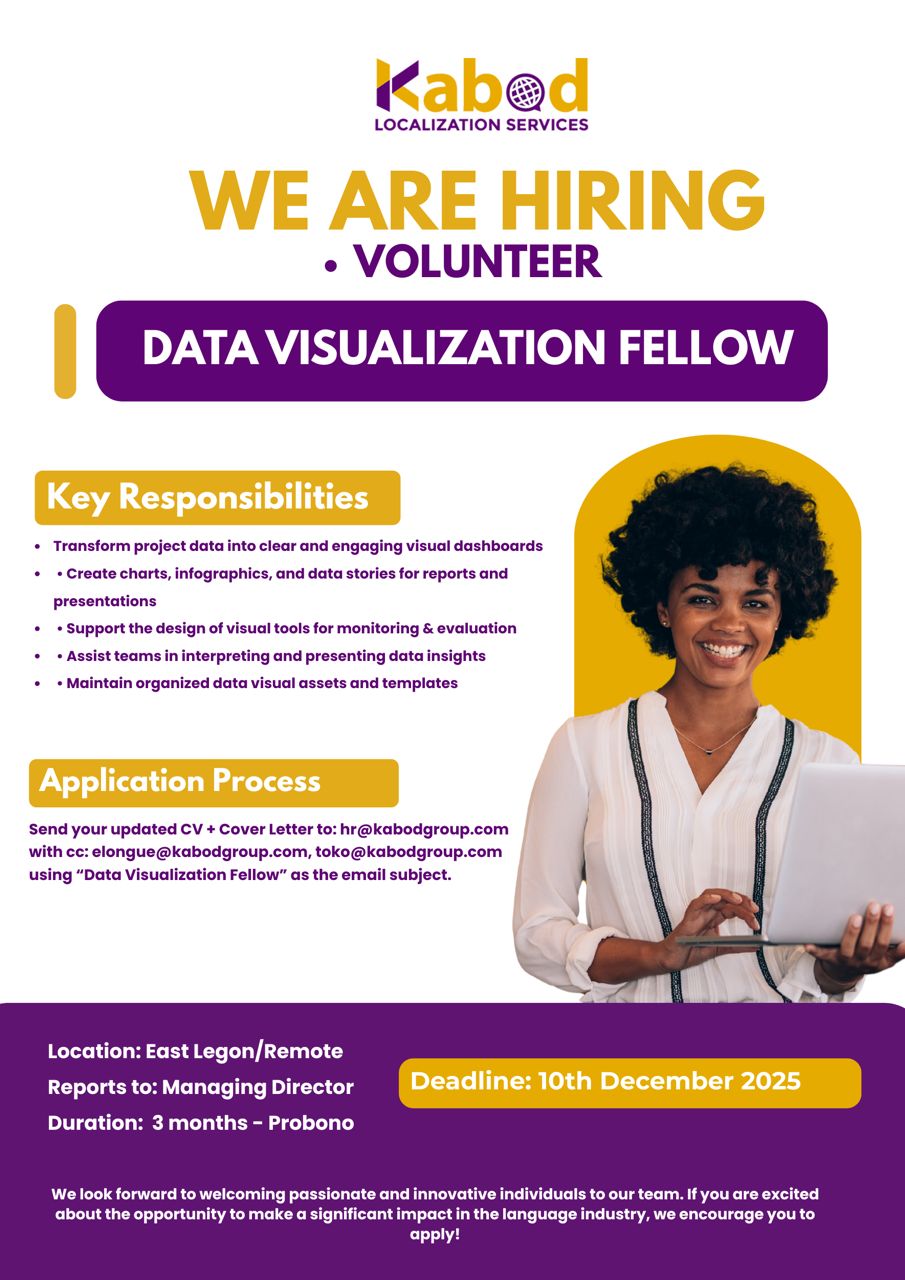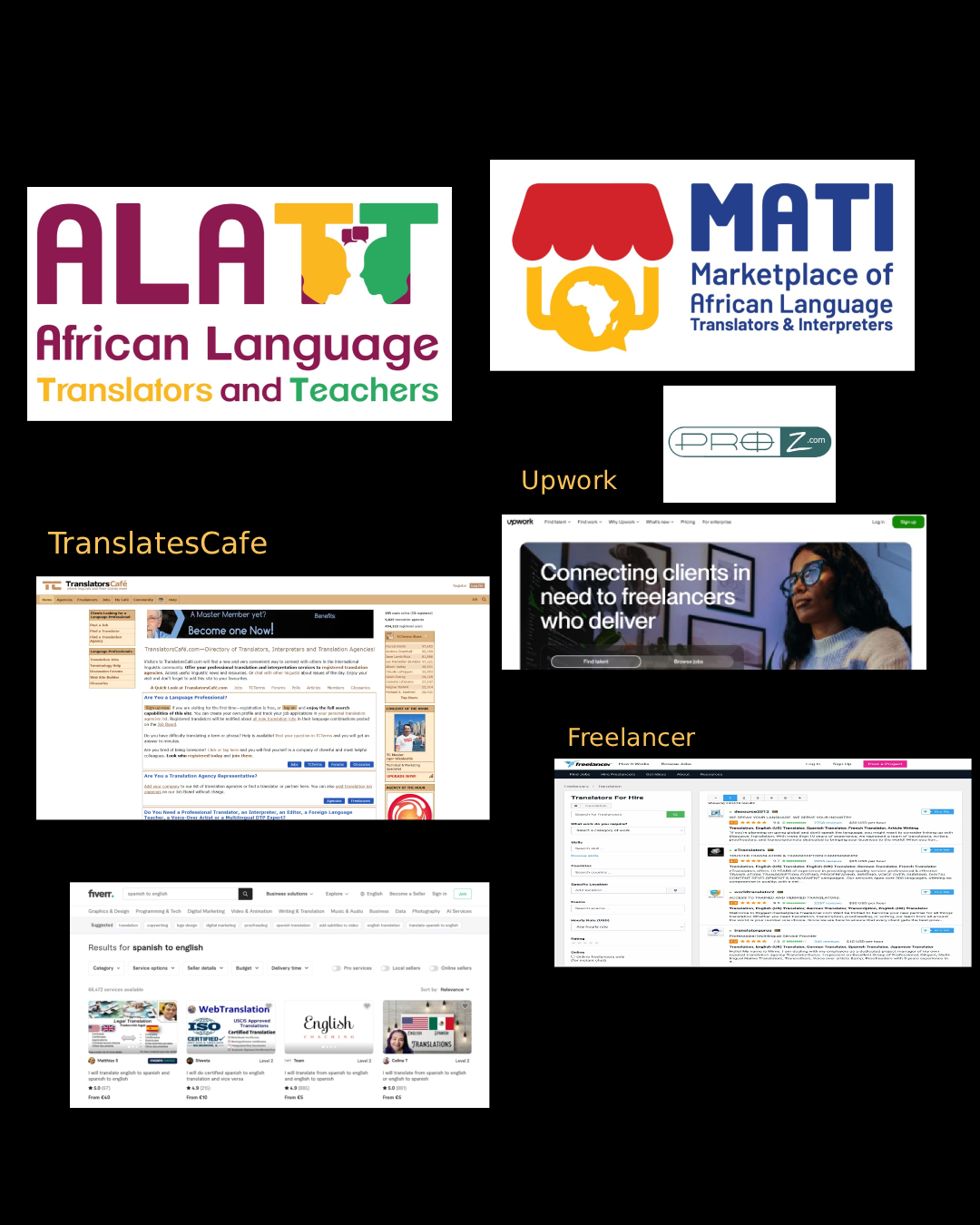The language industry in Africa is full of untapped opportunities. Kabod has ventured on a journey of identifying, documenting and highlighting inspiring stories and innovative projects from entrepreneurs, researchers and freelancers in the translation, interpretation and natural language processing communities. The final goal is to celebrate African professionals in the language industry and facilitate knowledge and experience sharing.
Ms. Laetitia Sullivan is a sworn translator in South Africa. Her two working languages are English and Afrikaans. She is specialized in three fields, which are technological translation, legal translation and non-fiction book translation. She has shared about her experience in this interview. Do well to read it!
Kabod: What attracts you to the role of translator? How did you start your career in the translation industry?
I had an affinity for languages from a young age. My mother loves to tell the story of how I taught myself to read at the age of four because I was too impatient to wait for her to read to me. Many years later, when it was time to decide on tertiary studies, I wanted to study journalism but Stellenbosch University only offered it as a postgraduate degree. After finishing my bachelor’s degree and attaining more insight into what I would enjoy as a career, I settled on a postgraduate diploma in translation.
After finishing our studies, a fellow student started working at a publishing company and because we kept in touch, she reached out to me to offer me my first translation job. The rest, as they say, is history!
Kabod: How does your native language influence your fluency with other languages?
It’s more a matter of the lingua franca in my country (English) influencing my native language (Afrikaans). Because I live in South Africa where we have 11 official languages (Sign Language to soon become the 12th), English is used for general communication so I have to constantly guard against the idiom of my native language being influenced by another language I hear and speak all day long.
Kabod: What are some relevant projects you are currently working on?
At present, I’m translating a series of books into Afrikaans on robotics and coding for primary school children. I also work on the User Interface localisation of software on a daily basis and I continue assisting people planning to emigrate with sworn translation services (Afrikaans into English).
Kabod: What aspects of translation do you find most difficult?
I find marketing translation or transcreation most difficult but also most satisfying, as you have to convey the message and the emotion behind the words rather than just the literal meaning of the text.
Kabod: How do you market yourself and your services as a translator?
I use various outbound and inbound marketing strategies such as my website, posting on LinkedIn, networking with my colleagues, and attending conferences, webinars and events.
Kabod: How did you get your first contract?
I received my first translation task from a colleague whom I kept in touch with after we both left university. She went on to work at a publishing house and I started translating cookbooks for her.
Kabod: How can African translators position themselves to better tap opportunities in the global language industry?
African translators should take part in conversations happening on social media regarding the language industry.
This way they attract the attention of the ‘big players’ in the industry and can inform the rest of the world about the opportunities existing in Africa.
African languages translators should also consider banding together to attract clients who are looking for ‘one-stop shops’ rather than dealing with individual translators.
Kabod: What strategies do you use to increase your pool of clients while maintaining the existing ones?
I post relevant information on social media to attract clients and I also send out a quarterly newsletter to past clients with translation industry news and language tips. I also reach out to past clients via email when I haven’t heard from them in a while. Likewise, I sometimes reach out to clients directly on LinkedIn if we have mutual interests or have built a relationship.
Kabod: Do you have any translation areas that you specialise in? Why those topics?
I’m a sworn translator admitted to the High Court of South Africa (Western Cape Division). So, my day-to-day translation work involves texts and documents of a legal nature for use in a court of law or for emigration purposes. I like the precise nature of legal language and producing documents that help people improve their lives.
I also have a further specialisation in UI/UX translation where I work on large-scale software localisation projects for tech giants. Furthermore, I have always been interested in how technology can make things easier, quicker and more convenient, so I enjoy working on tech-related translation.
My third specialisation is non-fiction book publishing, especially cookbooks and texts involving food and beverages. I started out working on this subject matter so it will always be close to my heart, but I also believe that the sharing of food can bring people together which no other way can.
Kabod: Are you using Computer Assisted Translation tools? Which one do you prefer and why?
I use CAT tools on a daily basis for consistency across my work and to improve productivity. I also use OCR software to convert documents sent as scans or difficult file formats to facilitate a better workflow.
My CAT tool of choice is Trados Studio 2022 but I also regularly use Memsource (now Phrase) for agency work. I prefer Trados but only because I have been using it the longest and I’m more familiar with the user interface and functionality.
Kabod: Do you think there is a viable market for African languages translation/interpretation? Are there enough economic opportunities for translators/interpreters in African languages?
Yes, definitely. Economic activity on the content is projected to grow at a much faster rate than the rest of the world. Because the continent is home to more than a billion people, comprising a relatively young population, and being the world’s largest free trade area, new business will present many opportunities where translators/interpreters can get involved because of the continent’s language diversity.
Kabod: Are you a member of ALATT or any strong network of translators or interpreters? Kindly mention them.
I’m only aware of CLUTRAD, an organisation focusing on translators in southern African countries. Yes, I’m an accredited member of the South African Translators’ Institute (SATI).
Kabod: What are the three top pieces of advice that you will share to a budding translator/interpreter from Africa from your experiences?
Find your niche/specialisation so you can focus your marketing efforts and attract the right clients.
Network with colleagues for future referral opportunities and general support.
Set up a website as this is your ‘storefront’ to the world.
Kabod: How do you envision the future of translation in African languages?
I see it as a growing industry with tons of room for expansion.
Africa is the second-fastest growing economy and this can only mean a bright future for translators as their skills will be in high demand due to the language diversity of the continent.
Thanks, Ms. Laetitia, for your time and for sharing your experiences with us. Are you also in the language industry in Africa? Would you also like to be featured in our Knowledge Exchange Series, which highlight the journey and experiences of African language translators, interpreters, computational linguists etc.,? Then, reach out to languages@kabodgroup.com to express interest




